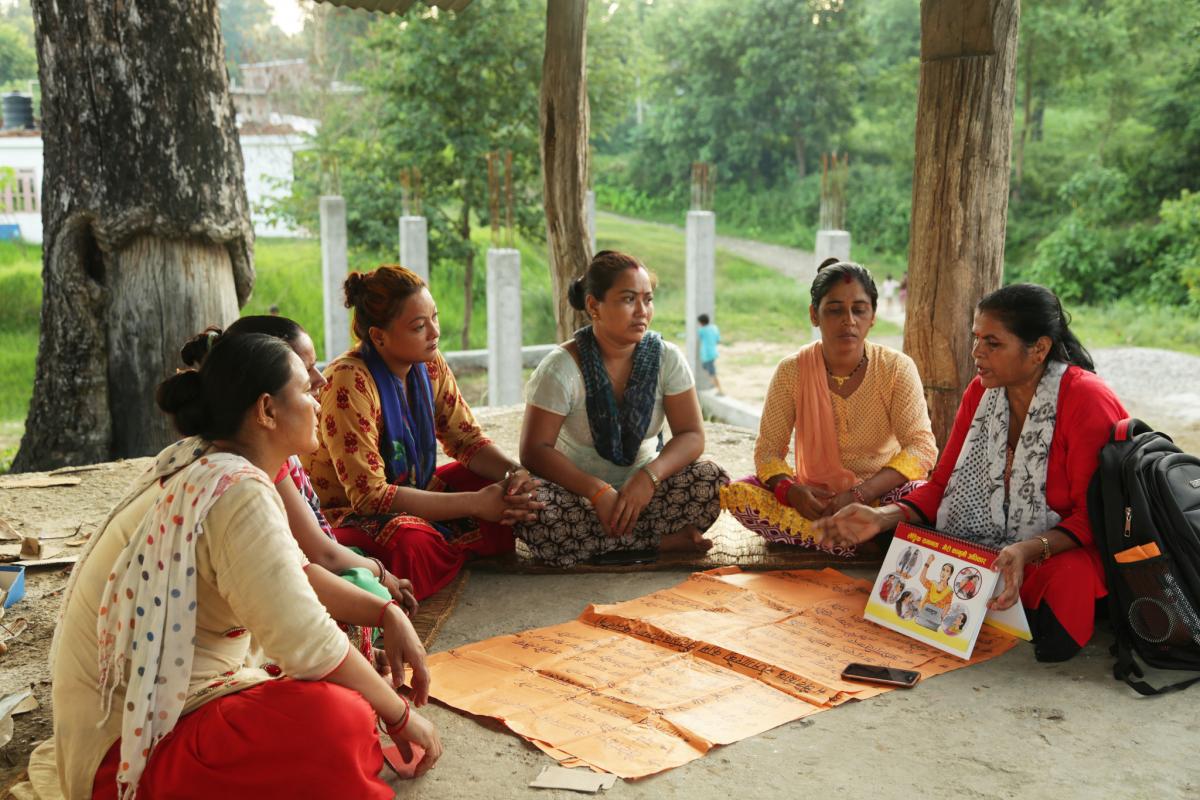
In September 2017, the Directorate General of Family Planning (DGFP) issued two unprecedented government orders to support implementation of a task-sharing policy in Bangladesh, significantly improving access to family planning services at community clinics.
Before this policy change, community health care providers and family welfare assistants did not overlap in their roles and responsibilities at community clinics. This left clinics unable to offer family planning services or commodities when family welfare assistants were not present. In November 2016, Bangladesh approved a task-sharing policy which allowed both providers to administer second and subsequent doses of injectable contraception, but by mid-2017 the DGFP had yet to implement it.
In July 2017, Advance Family Planning (AFP) local partner Jhpiego Bangladesh saw the opportunity for advocacy. In close collaboration with Directorate General of Health Services, the Family Planning 2020 Country Engagement Group, and the AFP Advocacy Advisory Group, Jhpiego Bangladesh helped build consensus around a plan for improving access to family planning and encouraged the DGFP to issue an order enforcing local implementation of the task-sharing policy.
To ensure patient access to family planning methods on all days, the DGFP issued two government orders. The first order ensures that trained community health care providers administer second and subsequent doses of injectable contraceptives. The second order instructs family welfare assistants to share family planning commodities (including pills, condoms, and injectable contraception) with community health care providers. This policy change will allow women to access short-term family planning methods at the community clinics six days per week without interruption, regardless of the type of providers working.
Jhpiego Bangladesh will continue to work closely with the DGFP and other stakeholders to take this task sharing policy one step further, allowing all community health care providers and family welfare assistants to provide first and subsequent doses of injectable contraception.

